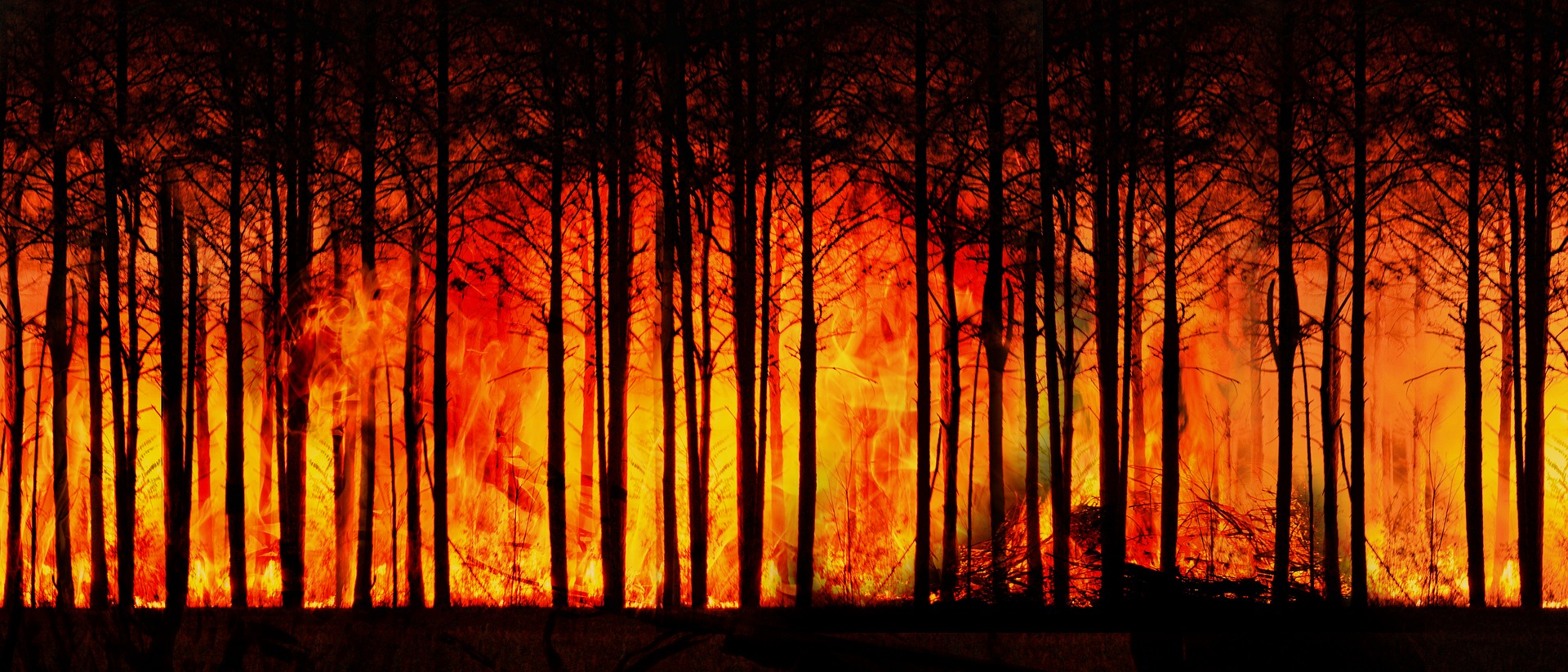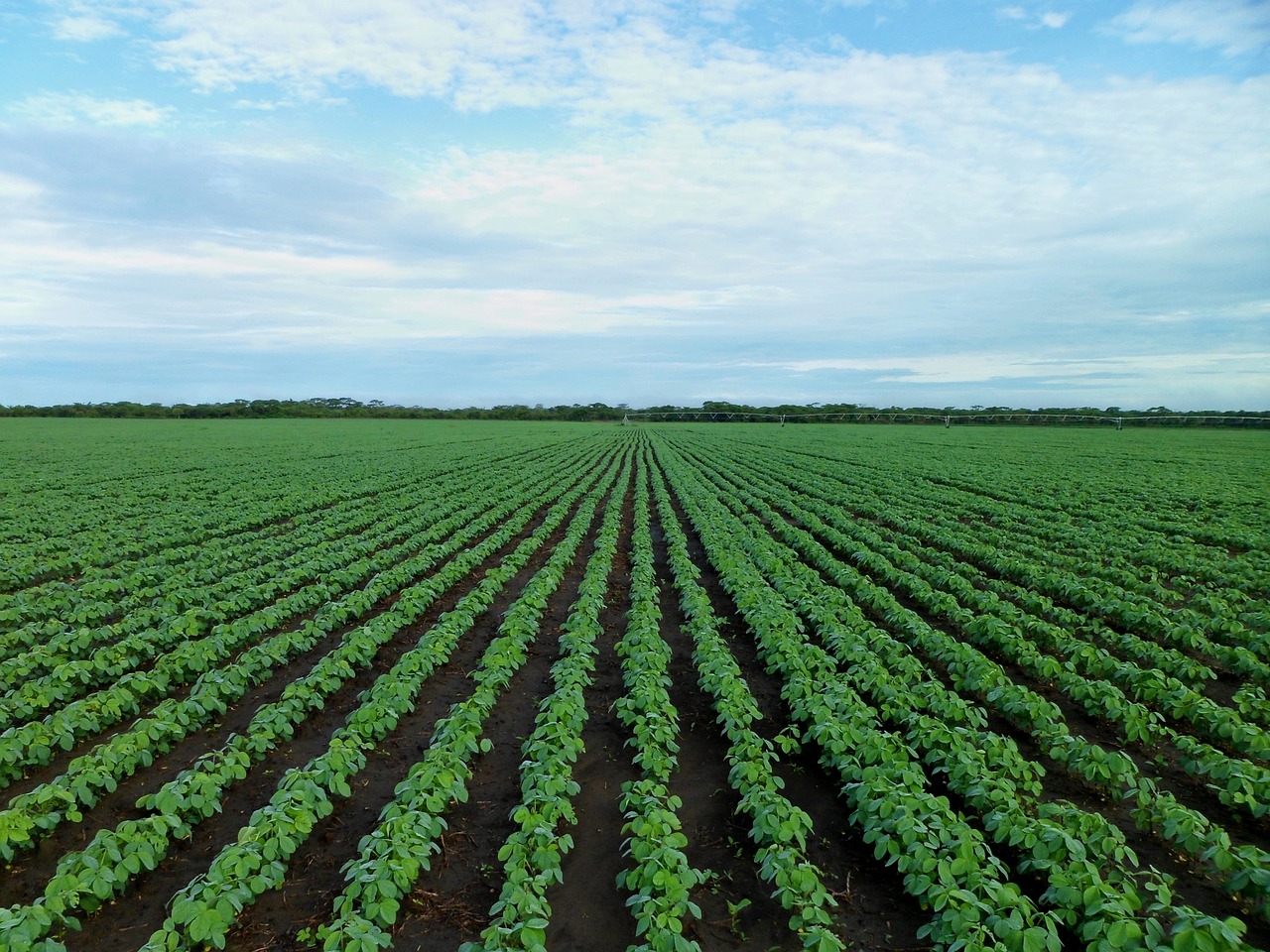
Few of the global problems threaten life on this planet as a whole as much as ever-accelerating climate change. Climate change has an enormous ecological impact and is also a social crisis that exacerbates conflicts worldwide. Agriculture has a significant share of global greenhouse gas emissions – and the animal industry is one of the main drivers of the emissions!
Climate change as an ecological and social crisis
Climate change has an enormous ecological impact: the extinction of species is escalating, the glaciers are rapidly disappearing and the sea level is rising, periods of drought and cyclones are getting longer and entire regions are becoming uninhabitable. Millions of people are already feeling the effects themselves. This means that climate change is not just an ecological crisis, but also a social one. Climate change will go hand in hand with the deterioration of living conditions for most of the inhabitants of this planet.
Corporations benefit at the expense of others
However, not everyone is affected to the same extent: in general, the most affected are inhabitants of countries in the Global South, who contribute the least to global warming. Meanwhile, the main contributors to greenhouse gas emissions, the western industrialised countries, have the financial means to largely protect themselves from the aftermath of the crisis and to be less influenced by the consequences of their actions and consumption.
What brings profits to corporations and other actors in this part of the world destroys livelihoods in other parts of the world, reinforces existing global inequality and thus contributes significantly to the causes of fleeing and structurally enforced migration.
The role of agriculture in climate change
Agriculture is directly affected by climate change: droughts and extreme rainfall create enormous uncertainty, yields decrease and pressure on farmers increases. At the same time, the predominant agriculture also plays a considerable role in the emergence of climate change because it accounts for a significant proportion of global greenhouse gas emissions.
And not only that, agriculture is currently also helping to cross further planetary boundaries: resources such as undeveloped land, biodiversity and the nitrogen cycle, which are extremely important for the global ecosystem, are severely affected. As a result, this makes it even harder to counter the effects of climate change.
Focus on animal production
However, not every form of agriculture contributes to climate change. Animal production is particularly important:
“Animal production turns out to be one of the two or three most important factors in the most serious environmental problems, at every level, from local to global. […]
[With regard to climate change] animal production plays a central role, as it is responsible for 18 per cent of greenhouse gas emissions. This is more than the transport sector […].”
(Food and Agriculture Organization of the United Nations (FAO), Livestock‘s Long Shadow, 2006)

The significant climate relevance of animal production results primarily from the associated land use: around 4/5 of the global agricultural land is used for animal production.1 The creation of areas for the cultivation of animal feed and pastures contributes hugely to clearing rainforests and draining swamps, which releases enormous amounts of greenhouse gases and promotes erosion and desertification.
In addition, large amounts of greenhouse gas emissions in animal production are due to the digestion of the feed, especially by ruminants, and the excretions that occur as a result.
The same applies to animal production: not every form of production is equally harmful to the climate, and there are in particular noticeable regional differences. In practice, however, most forms of animal production are surpassed in their climate compatibility by plant production. The main cause is the high land consumption of animal products: 2-30 times more space is required to produce one calorie of animal food than for the same amount of plant food (cereals: 1 sqm/1Mkal, beef: 31.2 sqm/1Mkal, Schlatzer2).
This makes it clear that a significant reduction in animal production is essential to effectively counter the impending climate crisis.
The animal industry as a driver of expansion
However, the trend is currently pointing in the other direction: global animal production continues to increase. The major drivers of this growth are the large corporations in the animal industry. In light of this, it is not surprising that the five largest meat and dairy groups in the world already together produce as many greenhouse gas emissions as the largest oil company.3
Climate protection from above has long failed
Governments and corporations claim that they are working on effective countermeasures and will tackle climate change. At the same time, they are routinely postponing their climate goals and do not want to change the basic economy and way of life that led to this mess in the first place. The official international and national climate protection goals reveal themselves time and again to be greenwashing for companies with environmentally destructive and profit-orientated businesses. It is now obvious that climate protection enacted from above does not work.
Climate justice

Actual climate justice is only possible if the system is questioned, since climate change is a symptom of the prevailing system in which the profit interests of the rulers count first and the fundamental interests of most people, animals and the environment are subordinated. Climate justice is not possible in a capitalist and neo-colonial system and requires resolute invention against the machinations of the animal industry and a drastic reduction in animal production.
Footnotes
(1) Fleischatlas 2018, https://www.boell.de/de/fleischatlas-2018-rezepte-fuer-eine-bessere-tierhaltung
(2) Schlatzer (2011): Animal production and climate change. A scientific discourse on the influence of nutrition on the environment and climate
(3) Grain: Emissions Impossible, https://www.iatp.org/emissions-impossible
